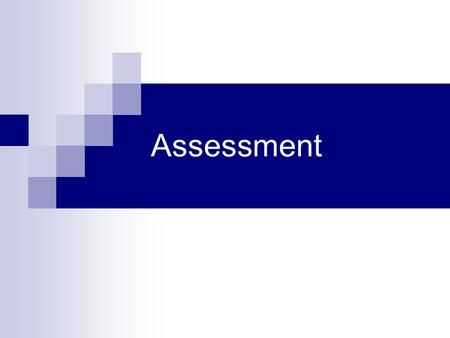Introduction:
The Every Student Succeeds Act (ESSA) was signed into law in December 2015 as a reauthorization of the Elementary and Secondary Education Act. At its core, ESSA aimed at giving states more control over their educational systems while maintaining the accountability measures for school quality. As we move towards a more modernized education system, the future of high school assessment under ESSA has piqued the interest of many educators and policymakers. This article explores the implications of ESSA on high school assessments and discusses how their future may be shaped.
The Emergence of New Assessment Models:
Under ESSA, states have been granted more flexibility in designing their assessment systems, leading to an increased focus on new measurement models. One such model is competency-based assessment, which emphasizes students’ mastery of specific learning goals rather than focusing solely on timed, one-shot standardized tests. This shift allows for the evaluation of students’ growth over time and enables personalization in both instruction and assessment to meet individual needs.
Another promising approach gaining traction under ESSA is performance-based assessment. This method requires students to demonstrate their understanding and application of knowledge through projects, presentations, or other tangible products. Not only does this approach align with real-world problem-solving situations but also provides a meaningful measure of student learning beyond traditional tests.
Innovative Assessment Pilot Program:
ESSA introduces the Innovative Assessment Pilot Program, granting select states permission to implement advanced assessment practices as part of their accountability systems. These pilot programs aim to develop richer and more informative measures that emphasize higher-order skills and abilities by allowing innovative approaches like performance tasks, adaptive testing methodologies, and formative assessments that inform instruction throughout the year.
Key Challenges for Implementation:
Although innovative measurement models offer great promise for better assessing student learning, they also present challenges to state education departments. Some key obstacles include shifting from a one-size-fits-all testing strategy to individualized assessments, offering adequate professional development for educators, and ensuring the measures are valid and reliable across diverse student populations.
Data Privacy Concerns:
As assessment systems become more advanced, so does the technology used to collect and analyze data related to these assessments. The push towards adaptive testing models means that personal information about individual students will be collected, stored, and analyzed in unprecedented ways. This raises concerns regarding data privacy and the potential dangers of data misuse or breaches, which require serious consideration from policymakers and education systems.
Conclusion:
The Every Student Succeeds Act has ushered in a new era for high school assessments, opening possibilities for more effective measurement techniques that better represent student learning. The push towards competency- and performance-based assessments could revolutionize education and support personalized instruction. However, policymakers and educators must carefully navigate their implementation while addressing challenges such as data privacy concerns and ensuring the validity of these new methods. Working collectively as stakeholders in the education system, the potential to create an assessment landscape that enables every student’s growth and success remains sky-high under ESSA.





